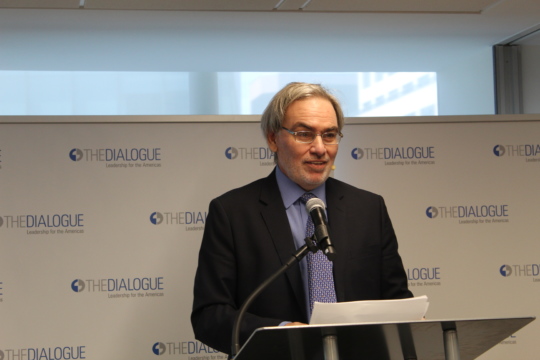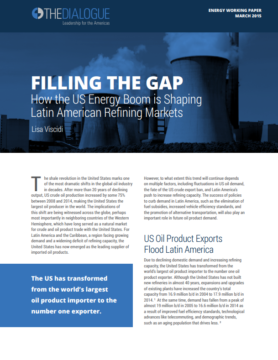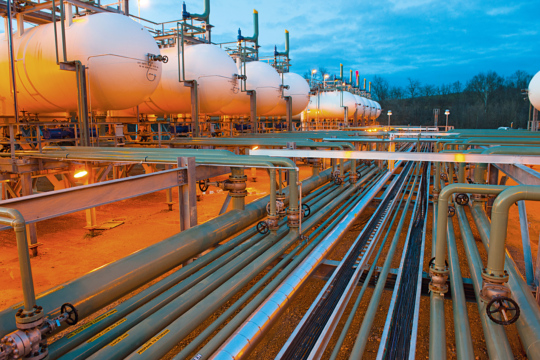
How Will US Energy Policy Shifts Alter Relations with Latin America?
President-elect Donald Trump has vowed to overhaul US energy and foreign policy in ways that could have important impacts on energy relations with Latin America and the Caribbean.
President-elect Donald Trump has vowed to overhaul US energy and foreign policy in ways that could have important impacts on energy relations with Latin America and the Caribbean.
The election of President Mauricio Macri may signal the start of a new era in Argentine energy policy and cooperation with the United States, but the new government still faces challenges to increasing oil and gas production and erasing energy subsidies.
The surge in unconventional oil and gas production in North America has dramatically shifted energy markets in the Americas.
As Latin American countries reassess their energy policies in light of lower oil prices, there is an opportunity to apply lessons learned from the US experience to enact regulations that mitigate environmental risks, strengthen public support, and attract investment.
To remain competitive, Brazil will have to revise its regulations and reverse many of the reforms instituted just a few years ago.
Crude oil exports from Latin America to the US have plummeted as oil production in the region has slumped while demand is on the rise.
Oil and gas production in the United States and Canada has increased considerably since 2008.
Across Latin America, the sustained decline in global oil prices has had a profound impact on economic growth, political stability and the viability of resource nationalism – when governments assert more control over the nation’s natural resources.
Mexico’s energy reform has led to a remarkable boost in investment, and the expected increase in the country’s crude oil production will strengthen energy security not only for Mexico but also at the regional level.
While the Trump administration’s “America first” policies are aimed primarily at giving higher priority to national security and economic growth for the United States, the White House’s approach will have impacts on energy relations with the rest of the hemisphere that should also be considered.
Lisa Viscidi, Director of the Energy, Climate Change and Extractive Industries Program, testified before the US House of Representatives Committee on Foreign Affairs on the subject of “Energy Opportunities in Latin America.”
In an interview with Benjamin Gedan, director of the Wilson Center’s Argentina Project, Lisa Viscidi discusses the current conditions and outlook for three key components of the Argentine energy sector.
Argentina’s economic crisis and the fiscal belt-tightening it demands have led to gradual cuts to wholesale electricity and natural gas subsidies for consumers and a liberalization of energy prices over the course of Mauricio Macri’s administration. This has helped make Argentina more attractive as a destination for energy investment despite its economic tumult, said Argentine Secretary of Energy Gustavo Lopetegui at an event organized by the Inter-American Dialogue on March 14.
The surge in unconventional oil and gas production in North America has dramatically shifted energy markets in the Americas, with important implications for Latin America and the Caribbean. A new report by Lisa Viscidi, Director of the Energy, Climate Change and Extractive Industries Program at the Inter-American Dialogue, examines the factors behind rising oil demand and the growing deficit in refining capacity in Latin America, as well as the geopolitical implications of increasing US oil product exports to the region.

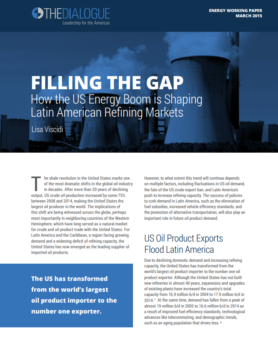
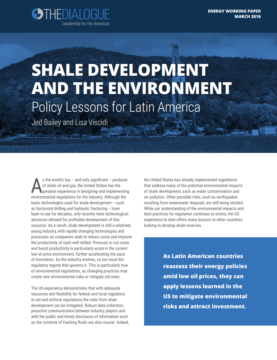
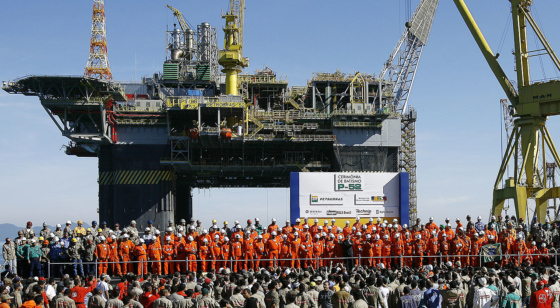
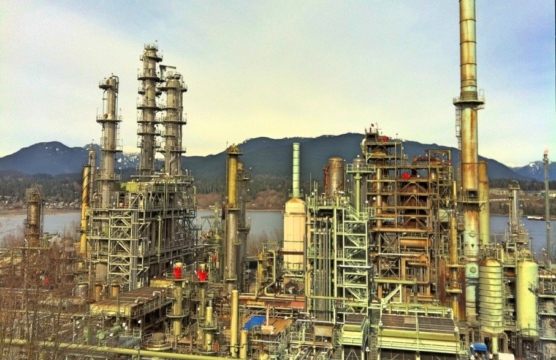
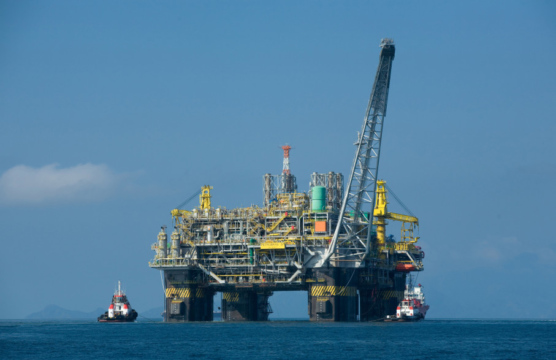

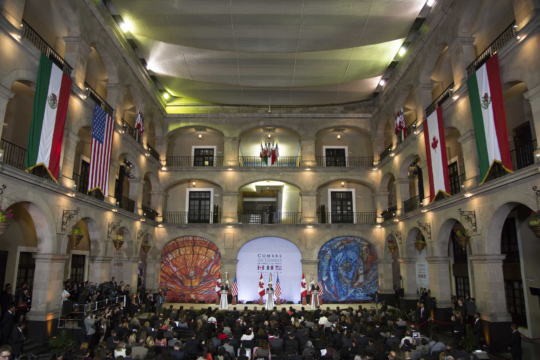
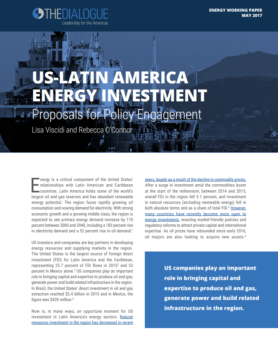
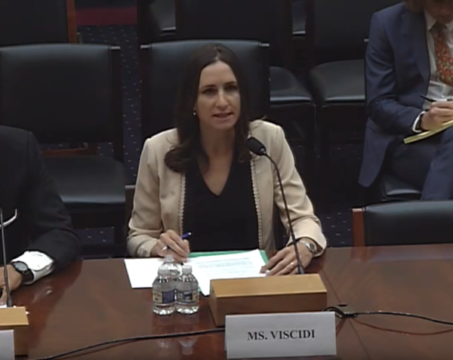 Video
Video
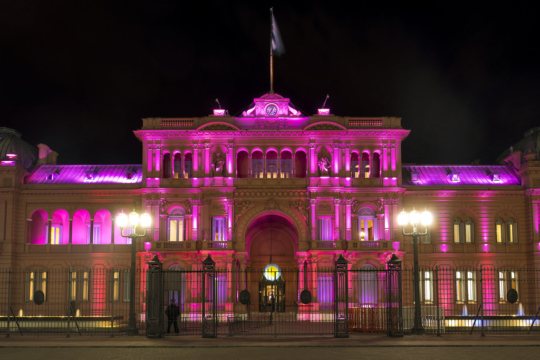 Video
Video
